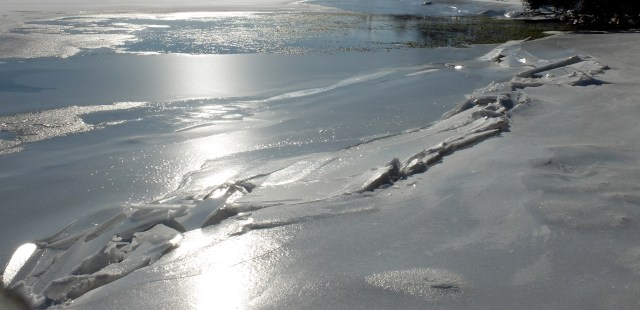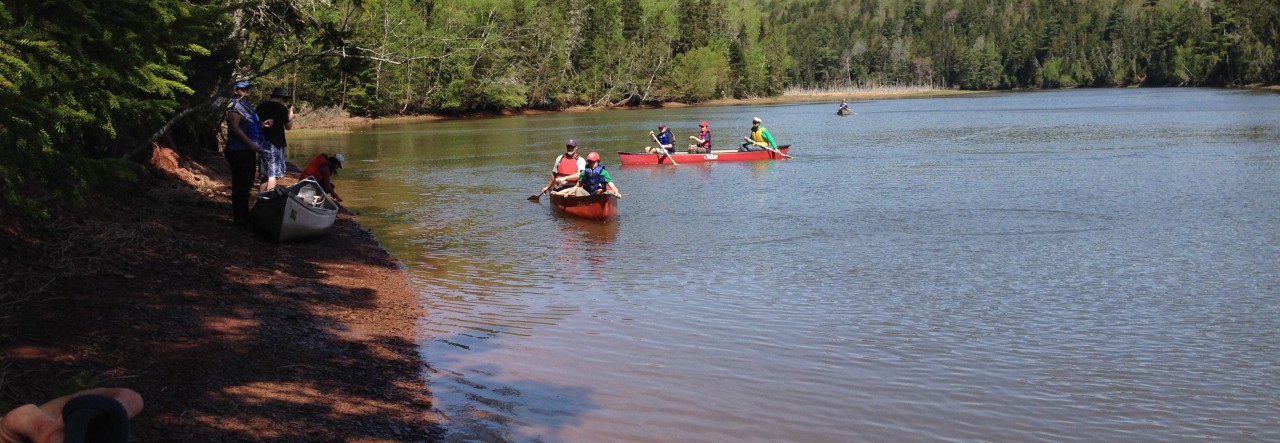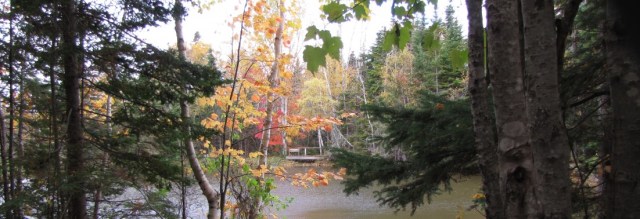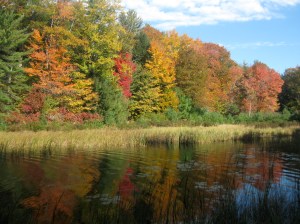
Members of the Coalition recently presented these concerns to the Minister of Environment, Climate Change and Water, Brad Trivers:
1-The supposition that we have lots of water came through loud and clear in the “Frequently Asked Questions”, posted on the Water Act website. There are important concerns related to this. We have heard from the Department that climate change is actually going to increase our recharge. Yet in UNB Hydrogeology Professor Kerry MacQuarrie’s presentation during the Water Act hearings in 2017, he said that scientific studies called for anything between a 12% decrease in precipitation to a 7% increase. That is a large variation and one that makes us think that we really don’t have a good enough handle on it.
This message of plentiful and abundant groundwater seems contradictory to the spirit of the act, and the need to ground it in a value of conservation (which needs more emphasis). Why exercise such care if our water is so abundant?
If we are trying to re-engage the public and restore a robust process of consultation, we have serious concerns about some of the “FAQs”. Certainly, providing people with factual information about the Act, and regulations is valuable. Q1-19 do this well. But some of the Q &As seem to try to tell people what to think about issues that have concerned them (e.g. 20, 23, 28). They read more like department policy than ‘factual answers’. These questions are legitimate concerns that people have brought to the process of the Water Act.
2-When talking about irrigation and the water regulations, we seem to hae ignored soil organic matter. It does no one any good to treat these as unrelated issues. This brings us back to one of the glaring omissions in the Water Act, reference to agricultural practices which have significant impacts on water quality and quantity.
3-The same is true of the issue of nitrates and other contaminants. Even if it turns out that we have lots of water, questions remain. Is it good quality water? And will more irrigation lead to increases in nitrates or pesticides, and anoxic conditions?
4-We should ensure that all the regulations meet both the spirit and the letter of the legislation. We have already seen too many examples of people circumventing legislation (the Lands Protection Act, for example.) Since we know people are already circumventing the spirit of the Water Act with their holding ponds, what is to stop people from pumping 340 cubic metres per day (just under the 345 cubic metre threshold) and irrigating their potatoes, thus once again circumventing the moratorium on high-capacity wells?
5-We would like to stress the importance of the Registry and the need to include it in regulations. What information will be posted and how quickly would it go online? The Registry will be both useless and unused if it is not regularly updated and easily accessible.
6-What is the plan for monitoring the output of wells? Will we know how much water is being used from all wells above the “household” ones? Who is looking after that information and will it be available on the registry?
7-The issue of conservation, especially regarding large users including municipalities, golf courses and aquaculture operations, seems to get short shrift in both the Act and the regulations. It should be a guiding value. While metering is helpful, it is hard to believe that people will take all the necessary steps to conserve water, especially if they are told that there are no issues with the abundance of water (see #1).
8-The regulations have no provisions for ongoing citizen engagement. We would hope that there would be provisions within the regulations for a Water Governance Board. This would be an excellent way of ensuring that we have an open, transparent and ongoing process that builds off the previous public involvement in developing the Act. The Coalition made a presentation in 2016 about this issue – find it here.
9-We don’t see the precautionary principle and intergenerational equity – two key issues that were repeatedly raised at the public meetings – reflected in the regulations.
10-In regulations related to water withdrawal that intend to prevent adverse effects from unsustainable extraction, it is a glaring omission to find no reference to the City of Charlottetown. The ongoing practices of our major municipality, and their impact on the Winter River Watershed are recognized by virtually everyone as a vivid example of the collective failure to protect water and the watershed.
While Charlottetown is (likely) the largest single user of water in the province, there are no references to limits to their water withdrawal. In fact, Section 35 (b) in the Act has the provision that should Charlottetown be designated by the Minister as a ‘designated municipal area, he may recommend “an amount that may exceed limits on water withdrawals or water withdrawal approvals that would otherwise apply.
Such a provision seems to allow the municipality to withdraw as much water as they want in perpetuity. Like all other water users, Charlottetown needs to comply with the terms of their permits. A Water Act and its regulations should not allow municipalities to live outside the law.
See our “clause-by clause” commentary on the withdrawal regulations HERE.










